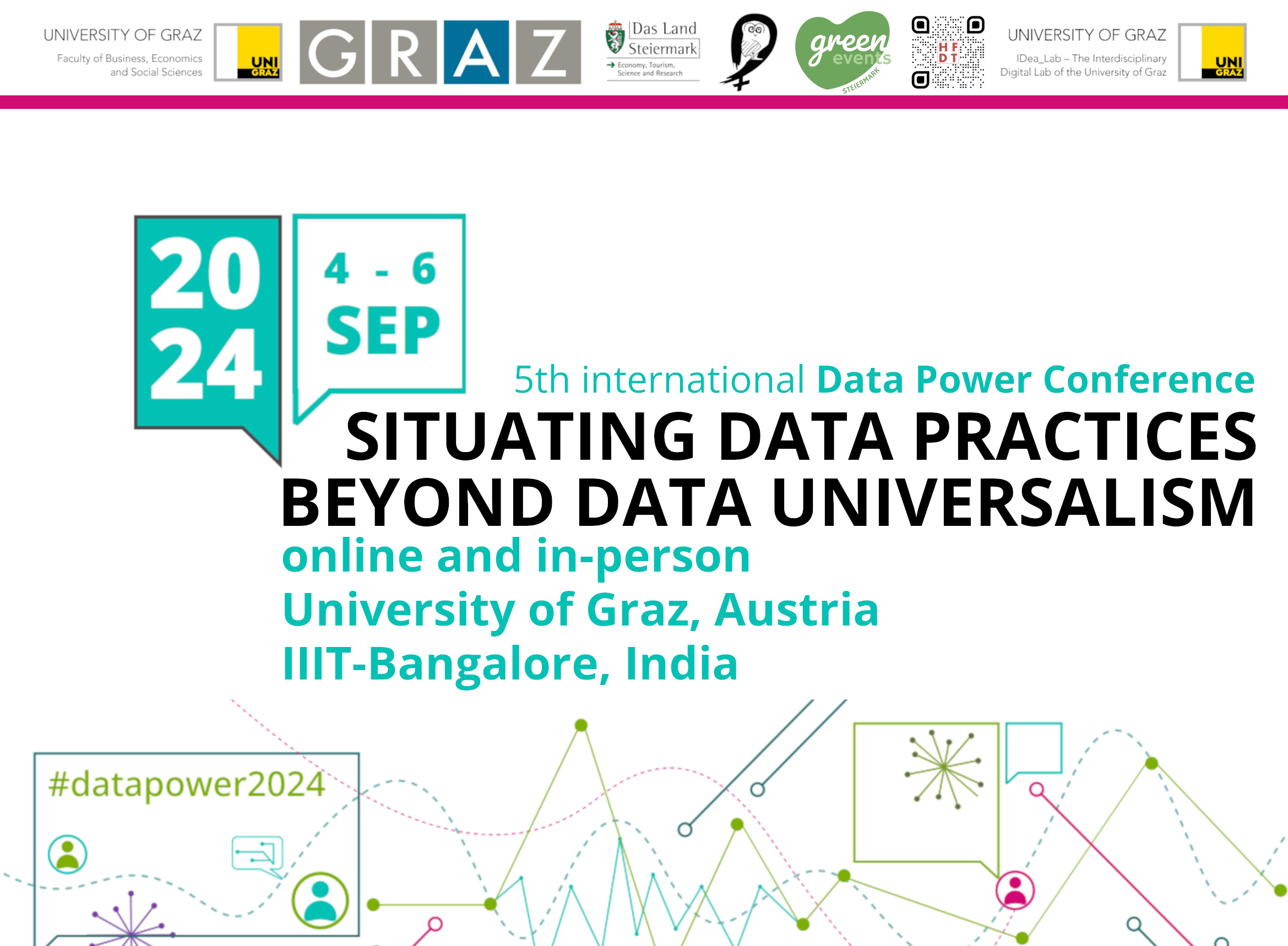The datafication of later life is fraught with real world ramifications for those living in situations of precarity. This presentation addresses our complementary experiences of doing community-engaged, participatory research, in various digital literacy projects with older adults over the past 15 years. These projects have largely been oriented towards empowering older adults, many from marginalized communities, to not only access digital culture, but to transform it. This culture has changed within the past 10 years. Increasingly participation in a digital world is no longer an option, but obligatory. Likewise, increasingly engagement is not always a clear choice, given the deep imbrication of ordinary everyday devices in routine corporate information-gathering and deep data mining. Offering literacy training within this context is fraught with a variety of challenges and risks, including legitimate concerns about privacy, cybersecurity, or the potential of identity theft. How, in this world where data is power, can we provide digital literacy training in good faith? How might we ethically reassure our participants that they should participate, when WE don’t really trust these information systems? This key note will discuss the desires and dilemmas identified by the older adults we have worked with, and discuss the creative strategies developed to confront data power in this realm.In particular, we focus on what an attention to age, considered not as a variable, but as a critical lens, has to tell us. The older adults we have worked with have lived a lifetime of technological change, and thus have a complex tale to tell of their relationship to this datasphere. We also highlight a commitment to “research-creation” as an approach. In the first instance we question what constitutes data from this perspective, and allows us to express this ambivalence and our desire to navigate this territory collectively and creatively. Rather than understanding data as a pristine, clean universe of swirling ones and zeros, we instead offer the image of the swamp as a central metaphor for our discussion. Swamps can be fetid pools of putrid, stagnant water- at least representationally- but they are also rich ecosystems that can nourish and sustain life.
Kim Sawchuk is the Director of engAGE: Centre for Research on Aging Montreal and the ACTLab (Aging + Communication + Technology), Concordia University is the Director of the Aging in Data project. She holds a Concordia University Research Chair in Mobile Media Studies, which focuses on how older adults engage with digital technologies in their everyday lives (www.actlab.ca) as well as critical disability studies. Dr. Sawchuk has written articles, book chapters, policy reports and edited books and special journal issues on aging with technology. Her research often involves participatory action methods, and finding creative collaborative solutions to shared social issues, in the name of social justice. Kim is an active member of the Board of RECAA: Respecting Elders Communities Against Abuse. Most recently she has co- developed an escape room on older adult mistreatment with community organizations and experts in older adult mistreatment.
Eric Craven is a creative digital media facilitator who has worked with many community groups and educational institutions in Montreal. For 12 years, he was the Community Development Librarian at the Atwater Library and Computer Centre. Eric’s work focuses specifically on using digital media to disrupt normative expectations and perceptions in the community. As coordinator of Atwater Library’s Digital Literacy Project, he has created programming that directly responds to community needs, creating spaces for participants to express themselves, find new ways to talk about things important to them and to help them build their own communities and work towards their own goals through creative digital media projects. Eric has worked with a wide range of academic and community stakeholders bringing different groups of people together, ages 6 through 96, to express themselves through digital art and media including many community new media projects focusing on seniors and digital music and video.
